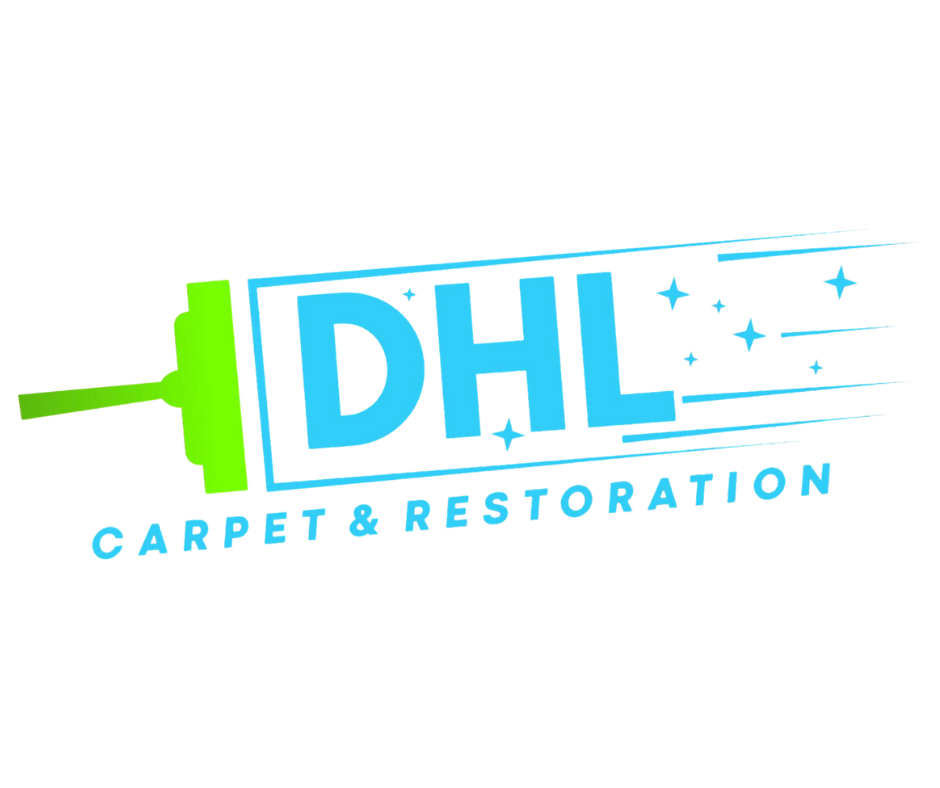Choosing the Right Certified Mold Inspection Expert in New Jersey
Selecting a mold inspection expert is a decision that affects your home’s health, your family’s comfort, and your long-term maintenance plan. The ideal professional brings building science knowledge, clear communication, and ethical independence from remediation. If you are ready to evaluate local options, begin by reviewing established mold inspection services to understand processes, credentials, and sample reports before you schedule.
New Jersey’s climate and housing stock present unique moisture challenges. A capable inspector recognizes these patterns, uses appropriate tools, and provides a report that translates findings into action.
Core Qualifications and Certifications
- Training in building science and indoor environmental quality, including moisture diagnostics and ventilation basics.
- Relevant certifications from reputable industry bodies focused on assessment and remediation principles.
- Ongoing education that keeps methods aligned with current standards and best practices.
Experience that Fits Your Property
Look for experience that mirrors your situation. Shore homes face wind-driven rain; older homes may have knob-and-tube wiring and plaster; multifamily buildings raise shared-system considerations. Ask how the inspector approaches these scenarios and request examples of similar projects.
Independence and Ethics
To reduce conflicts of interest, many homeowners prefer that inspectors do not sell remediation services. Independence supports objective findings and recommendations that you can use to solicit fair, apples-to-apples proposals from remediation contractors.
Tools and Methods That Matter
- Moisture meters and infrared imaging for tracing leaks and damp materials
- Appropriate air and surface sampling methods when justified by the visual assessment
- HVAC evaluation for filtration, cleanliness, and condensate management
- Photography and detailed note-taking for a clear, illustrated report
Reporting Quality
A strong report includes a plain-language summary, annotated photos, moisture readings, sampling rationale, and step-by-step recommendations for moisture control and remediation. It should define verification steps so you can confirm that corrective measures worked.
Communication and Availability
- Responsive intake and clear timelines
- Willingness to explain findings and answer questions
- Professional follow-up after report delivery
Insurance and Professional Practice
Reputable inspectors carry appropriate insurance and follow health and safety practices that protect occupants. Expect transparent scoping and documentation of any mid-inspection changes so you understand why additional steps are recommended.
References and Sample Reports
Ask for references and a redacted sample report. Look for clarity, organization, and recommendations that align with the findings. Consistency across projects signals a repeatable, reliable process.
Red Flags to Watch For
- One-size-fits-all testing without a visual and moisture assessment
- Minimal documentation or vague recommendations
- Pressure to purchase remediation from the same company without independent verification
- Unwillingness to explain methodology or sample selection
Interview Questions to Ask
- What is your inspection workflow from intake to report?
- How do you decide when and where to test?
- What building science factors do you evaluate first?
- How do you tailor recommendations for basements, attics, or shore properties?
- What does your post-remediation verification include?
Preparing for the Inspection
- Compile a brief history of leaks, storms, odors, and past repairs.
- Ensure access to attics, crawl spaces, and utility rooms.
- Avoid masking odors or running dehumidifiers at unusual settings just before the visit unless advised.
- List your top questions so the inspector addresses them on site.
How Inspectors Add Value Beyond Testing
Testing can be helpful, but the highest value comes from diagnosing moisture sources and translating building conditions into practical solutions. A seasoned inspector ties together drainage, ventilation, insulation, and materials to produce a roadmap that remediation contractors can follow and you can verify.
New Jersey Nuances: What Great Inspectors Notice
- Basement dampness from groundwater and storm runoff
- Attic condensation from imbalanced ventilation or air leaks
- Window and door flashing that struggles with wind-driven rain at the shore
- Legacy materials in older homes that complicate moisture movement
Frequently Asked Questions
Q: Do certified inspectors always perform testing?
A: Not always. Testing is selected to answer specific questions. Many inspections focus first on visual evidence and moisture data to guide decisions.
Q: How should I compare two inspectors?
A: Review sample reports, ask about building science approach, confirm independence from remediation, and assess communication style and responsiveness.
Q: Can I rely on a quick walk-through?
A: A cursory visit rarely provides enough detail. Expect moisture mapping, documentation, and a report that supports clear next steps.
Q: What if my concern is limited to one bathroom?
A: Focused inspections are possible, but the professional should still consider ventilation, adjacent rooms, and potential hidden pathways.
Q: Will the inspector tell me how to prevent recurrence?
A: Yes. Prevention guidance—ventilation, drainage, humidity management—should be part of the recommendations.
Choose with Confidence
When you select a certified expert who emphasizes building science, clear communication, and unbiased reporting, you set yourself up for success. To compare processes and schedule with a trusted team, reach out to experienced mold inspection services and take the first step toward a healthier, well-documented home.

